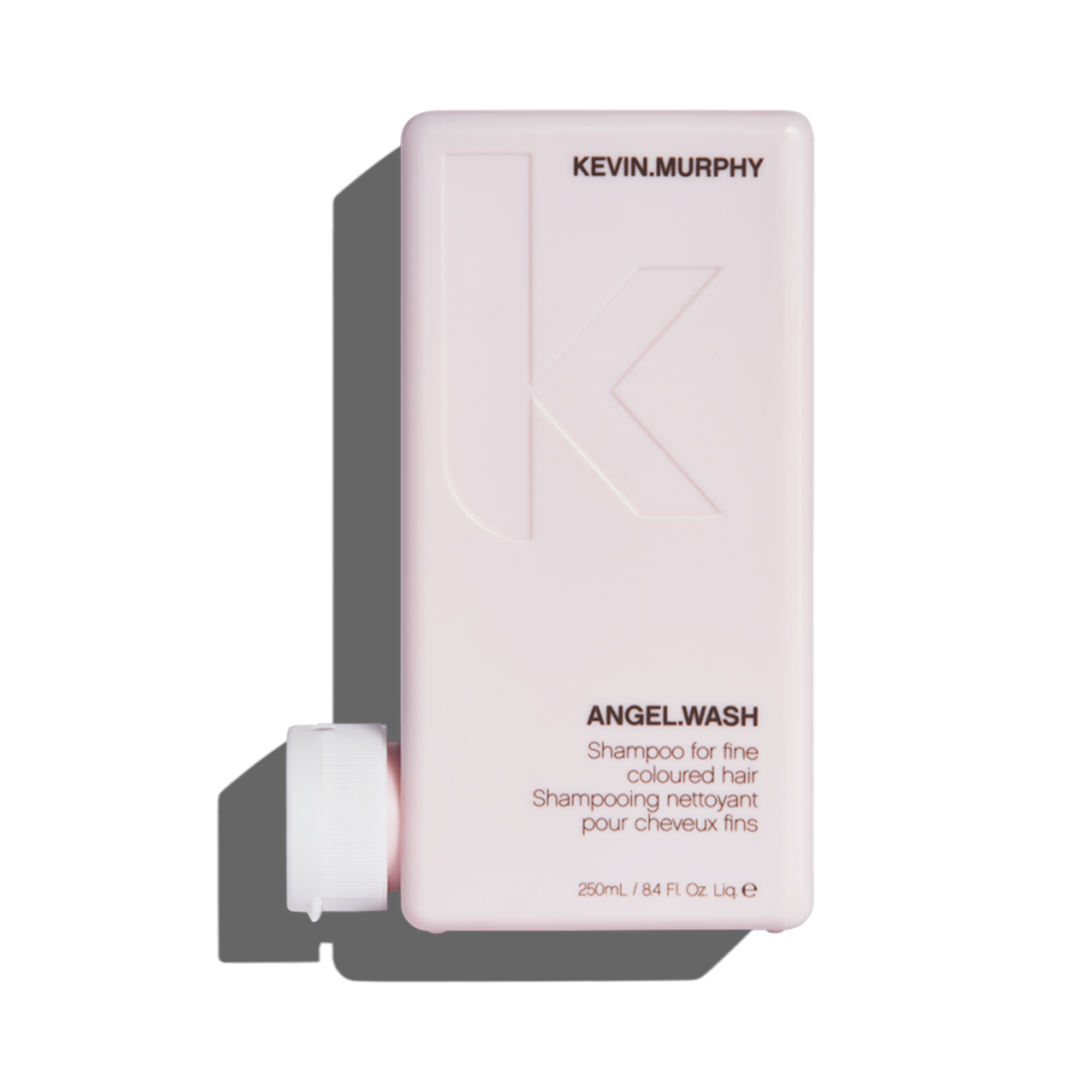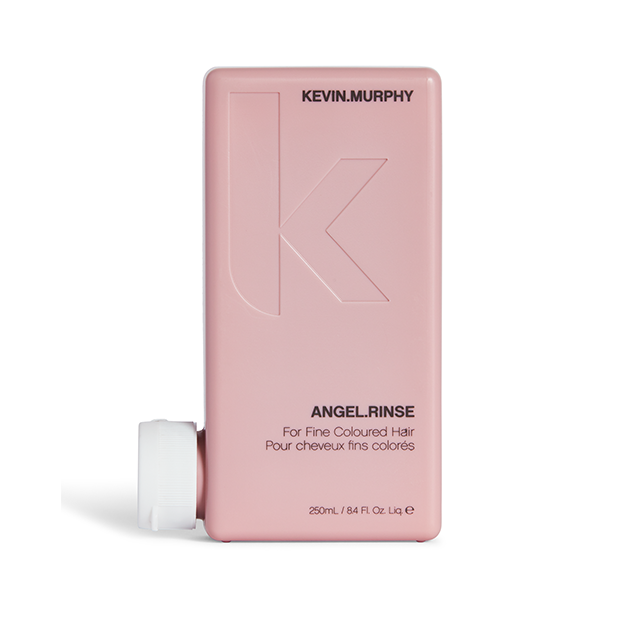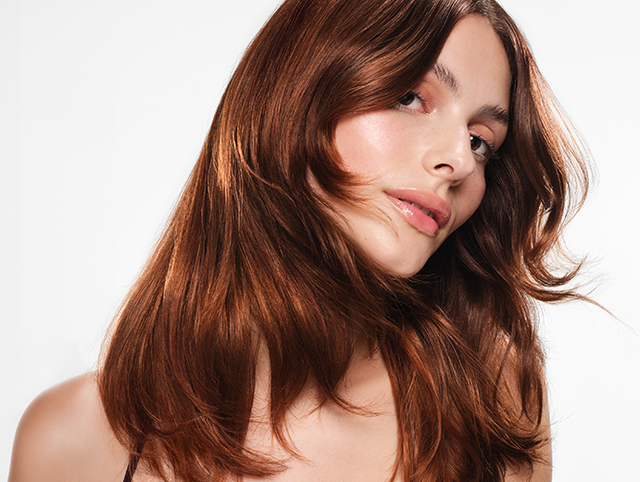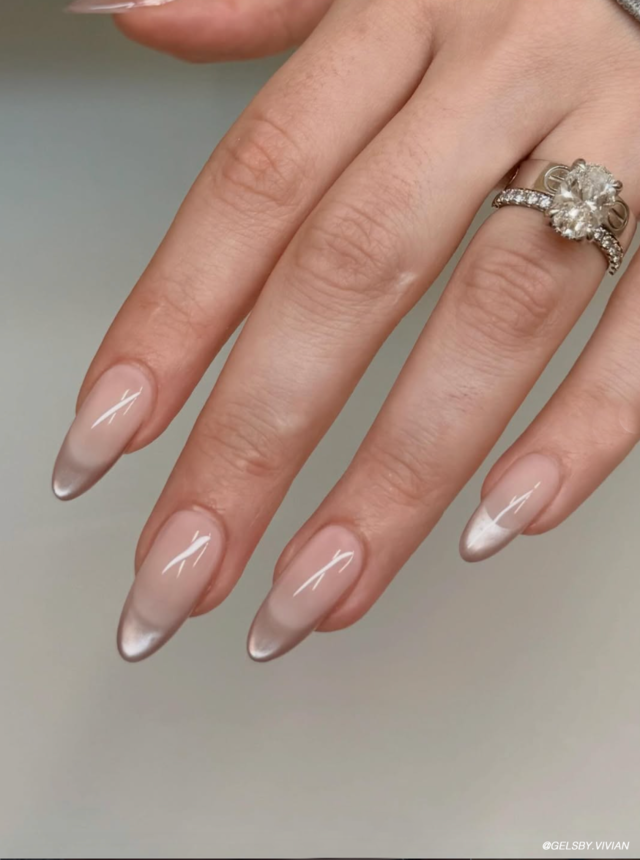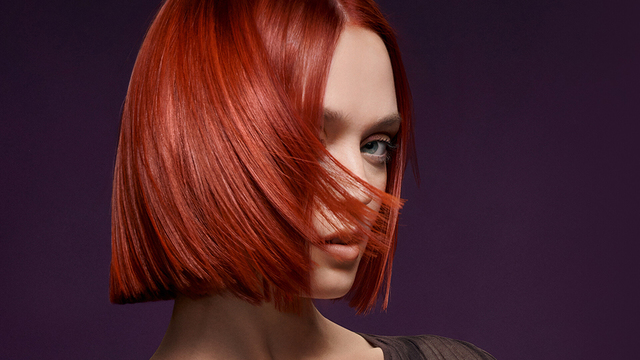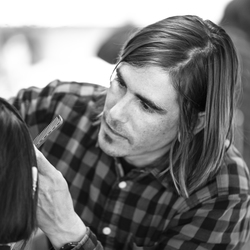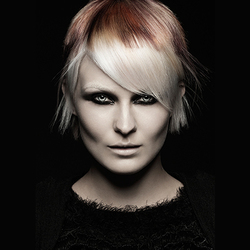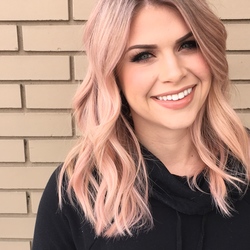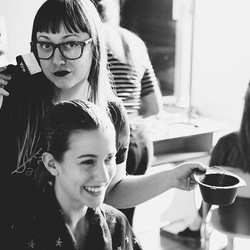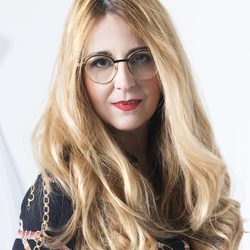The minute you find out you’re pregnant your entire life changes. All of a sudden, you experience an overwhelming feeling that nearly every decision you make for the next nine months can potentially impact your baby. Before you work yourself into a panicked frenzy for the foreseeable future and ditch every single holy grail beauty regime you have in place, it’s best that you get your facts straight. Keep reading to learn the top five changes to make to your haircare routine during pregnancy.
Change #1: Ditch all-over color—at least in the beginning
Though most research claims that hair dye isn’t highly toxic and that only a small amount is absorbed by the scalp, most doctors recommend avoiding hair color during the first trimester. For women looking to avoid traditional dyes altogether, highlights or balayage may be the best options as both are applied to individual strands rather than the entire scalp.
Something else to consider? Because your hormones are all out of whack, your body may react differently to the hair dye, whether you experience irritation or a severe allergic reaction.
Change #2: Opt for sulfate-, paraben- and phthalate-free shampoo
Although research on the effects of sodium lauryl sulfate (SLS), parabens and phthalates on pregnant women is extremely limited, it’s a good idea to avoid shampoos containing these ingredients at all costs. SLS has been linked to birth defects in animal studies, while parabens and phthalates are believed to alter hormone levels. Our advice? Play it safe with a gentle sulfate-, paraben- and phthalate-free shampoo.
Our Top Pick:
KEVIN.MURPHY ANGEL.WASH + RINSE
Change #3: Say goodbye to keratin treatments (for now)
Although thousands of women swear by keratin treatments or the Brazilian Blowout in an attempt to ward off frizz, many formulas contain formaldehyde, a chemical that has been linked to increased cancer risks. Unfortunately, even “formaldehyde-free” formulas contain methylene glycol, an ingredient that turns into formaldehyde when heated. Instead, embrace your natural texture for the next nine months and combat frizz with a serum, oil or finishing cream.
Change #4: Avoid rosemary essential oil at all costs
Although rosemary essential oil has been known to boost hair growth, it can cause uterine or menstrual contractions, which may result in a miscarriage or preterm labor. Check product labels on any natural shampoos, conditioners or hair oils you may use in your routine—many formulas contain traces of rosemary to help stimulate the scalp. If you are looking to grow your hair, apply castor oil to your scalp and give yourself a weekly scalp massage instead.
Change #5: If possible, take a breather from hair extensions and hot tools
Thanks to increased estrogen and androgen levels, your hair during pregnancy looks better than ever before! Not only is it growing at a faster rate and falling out less, but it also feels strong, healthy and thick. But don’t get used to it! Within a few months after delivery, you will experience an intense amount of hair fall to make up for the lack of shedding during pregnancy, so it’s imperative that you start taking care of your locks ASAP. That means eliminating anything that can put undue stress on the hair, such as semi-permanent hair extensions and/or constant heat-styling. Trust us, it’s far better to take preventative care now than it is to experience additional shedding on top of the hair fall you’ll experience in the months ahead!

